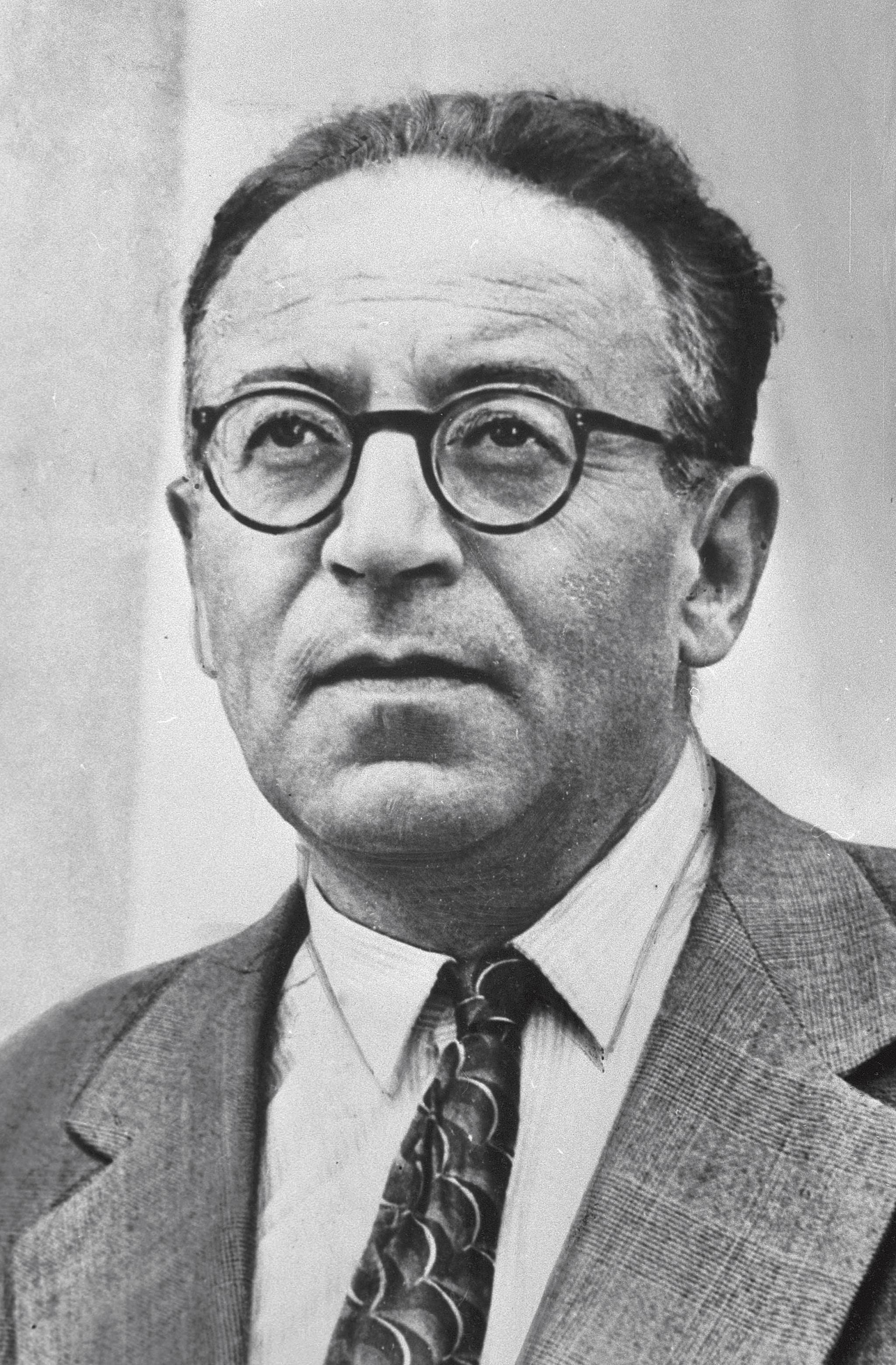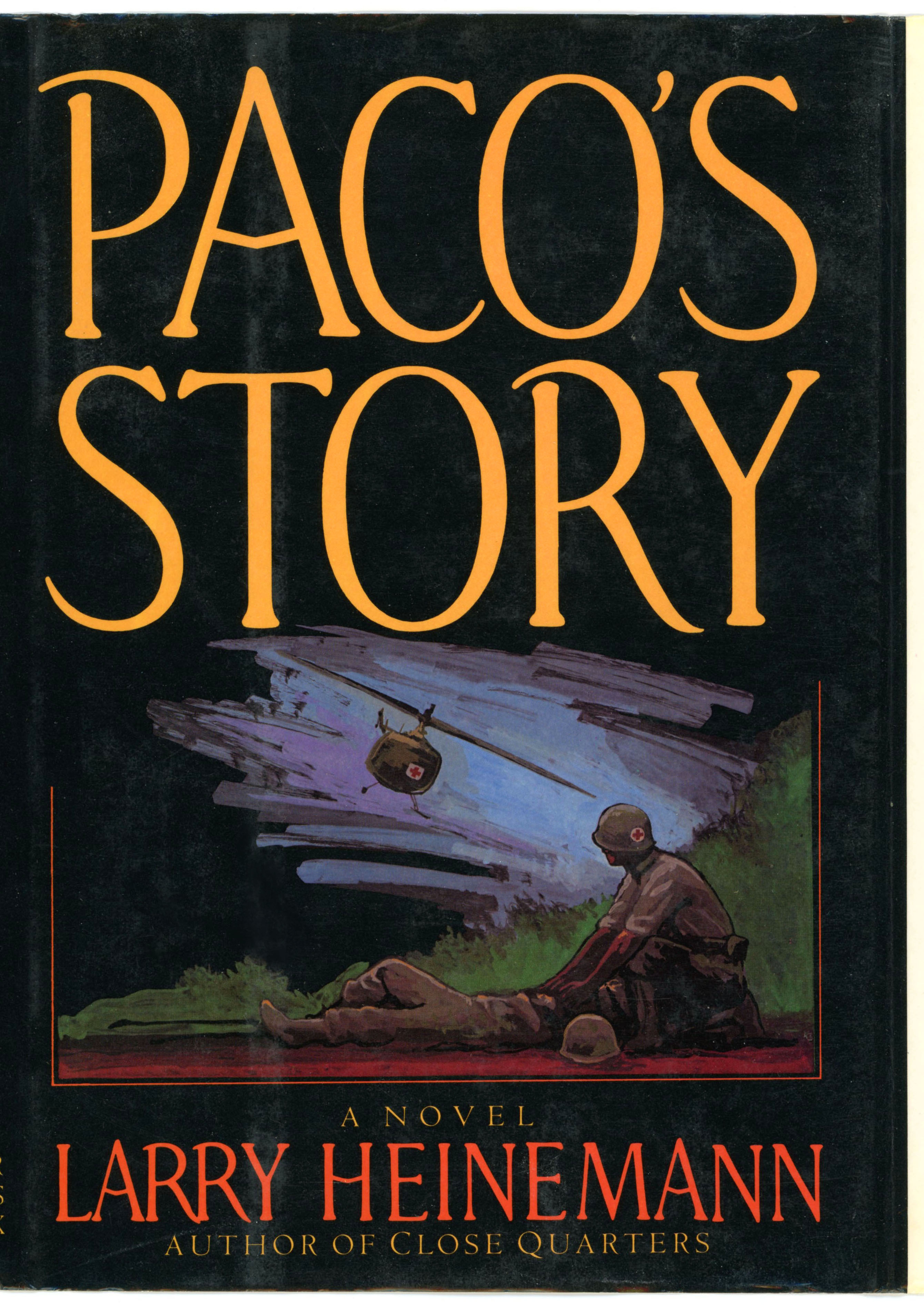Subsequent to Irving Howe’s review of Forever Flowing in The New York Times, came a shorter, penetrating, astute review by Thomas Lask in the same newspaper. Different in approach from Howe, Lask’s analysis of Grossman’s book suggests that it was based upon a deep familiarity with the political history of the Soviet Union.
________________________________________
When Theories Are Made Flesh
By THOMAS LASK
FOREVER FLOWING. By Vasily Grossman.
Translated from the Russian by Thomas P. Whitney.
247 pages. Harper & Row. $6.95.
The New York Times
April 1, 1972
 (Photograph accompanying Simon Willis’ essay of January / February 2013 “Art, Freedom, and Cognac“, at 1843 Magazine.)
(Photograph accompanying Simon Willis’ essay of January / February 2013 “Art, Freedom, and Cognac“, at 1843 Magazine.)
In one of the powerfully conceived images in Vasily Grossman’s novel, the Russian state is described in physical terms as an entity of such great mass as to warp everything that comes within its orbit. How Russians were bent by that magnetic pull from their decency, their humanity is the substance of this novel. It isn’t, strictly speaking, a novel at all, even within the latitude granted that term. The characters, though distinctive, are types, examples in a dissertation on the post-revolutionary state.
There is no story to speak of, and what story there is, one of betrayal, imprisonment and release, is neither new nor unknown. But the form does not matter nor the old fashioned writing (if we judge the original by Thomas Whitney’s translation) nor such clumsy devices as the intrusion of the author to the forgetful exclusion of his main figure. “Forever Flowing” is not intended as blithe entertainment; it is the thoughts of a man who has seen much, wondering amid the ruins and shards of his life how they came about. As such it is as eloquent a memorial to the anonymous little man in the Stalinist state as “Dr. Zhivago” is to the artistic spirit in post-Czarist Russia and “The First Circle” to the scientific intelligentsia.
Enemy of the People
“Forever Flowing” is a look at the Soviet state from the very bottom, not from the bottom of society or the political spectrum, but from the place where all the lofty decisions from on high, all abstractly conceived theories, all high sounding resolves are translated into human endeavor and measured by human results. It is the place where all theories are made flesh. Grossman judges all theories by a simple rule: What happens to the people to whom they apply?
As he follows the results from the time of Lenin to that of the post-World War II leadership, he concludes that the state is a rapacious, relentless, soul-crushing adversary – an enemy of the people. Yet so powerful is the embracing magnetism of the state that the citizenry contrive at their own downfall. At the worst it allows the scum, the Yagodas and Berias to come to the top; at best it corrupts even the well-meaning and men of principle. The real saints are few and far between.
Ivan Grigoryevich has been given his freedom after 30 years in the Russian slave labor camps, and he returns to Moscow, to Leningrad, to once familiar places an old, gaunt, bent man. As he visits a cousin, encounters a comrade who had denounced him to the prosecutor, finds lodgings and a job for himself, Russia’s history, his own past and that of so many he knew boil and bubble in his mind. His reappearance disconcerts those he meets; they find their dormant consciences flickering to life, unpleasant memories floating to the top of their minds. Some had given in to base demands a little at a time only to find themselves so far in, it was as distasteful to turn back as to go on. Some had believed that they were working for the good of the state. Some were greedy, some were seduced by ambition or high office. The motives and the reasoning were always complicated, intertwined, rationalized. And as the author points out the thinking inside the camp was exactly the same as that of the world outside. The ideologies of the prisoners were as varied and ingenious as the men who had put them there. They were after all the same Russians.
Vasily Grossman, who died in 1964, was a novelist, playwright and war correspondent, whose work after World War II was so severely criticized that he never finished a novel about that war although part of it had already appealed in print. The present work occupied him for the last eight years of his life. It has not been published in Russia for reasons that will be clear to every reader.
Excesses of the State
One of them is that he goes beyond Stalin to Lenin when he comes to place the blame for the excesses of the Soviet state. He dismisses the human side of Lenin, his personal modesty, his courtesy, his love of music, his patience with a citizen, not because they are not true, but because they did not really count in guiding the revolution and in establishing the new state. These took intellectual arrogance, ruthlessness, insulting impatience with opposition and contempt for western notions of individual freedom. Those who shared Lenin’s gentler side, Bukharin, Rykov, Kamenev and Zinoviev, were crushed as mercilessly by Stalin as these qualities were eliminated from the body politic. Stalin, says the author, was Lenin’s true heir. The force that fashioned the revolution later guided the purges.
But an idea of even greater abhorrence to the Russian hierarchy as well, perhaps, to the Russian people, is the one that sees the Soviet state as a natural result of Russian history. The serf-like mentality of the Russian people has been a weight on the liberating spirit of the country for a thousand years. In a passage that shoots a sharp light into the discussion, Grossman argues that Lenin was chosen by the Russian people. He was their kind of leader.
In spite of all his pessimistic assessments, he contends that the spirit of freedom lives on in the Russian heart and that it will ultimately flower even in his native land. How this will come about in the light of all he has said is never made clear. Very likely it was Grossman’s last wan hope. By the time he died, perhaps there was nothing left.
Suggested Readings



